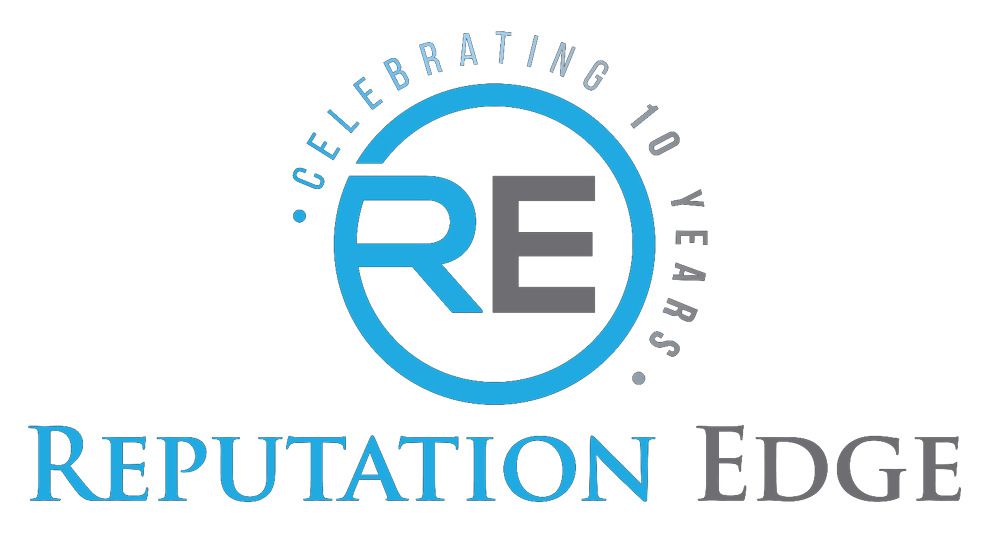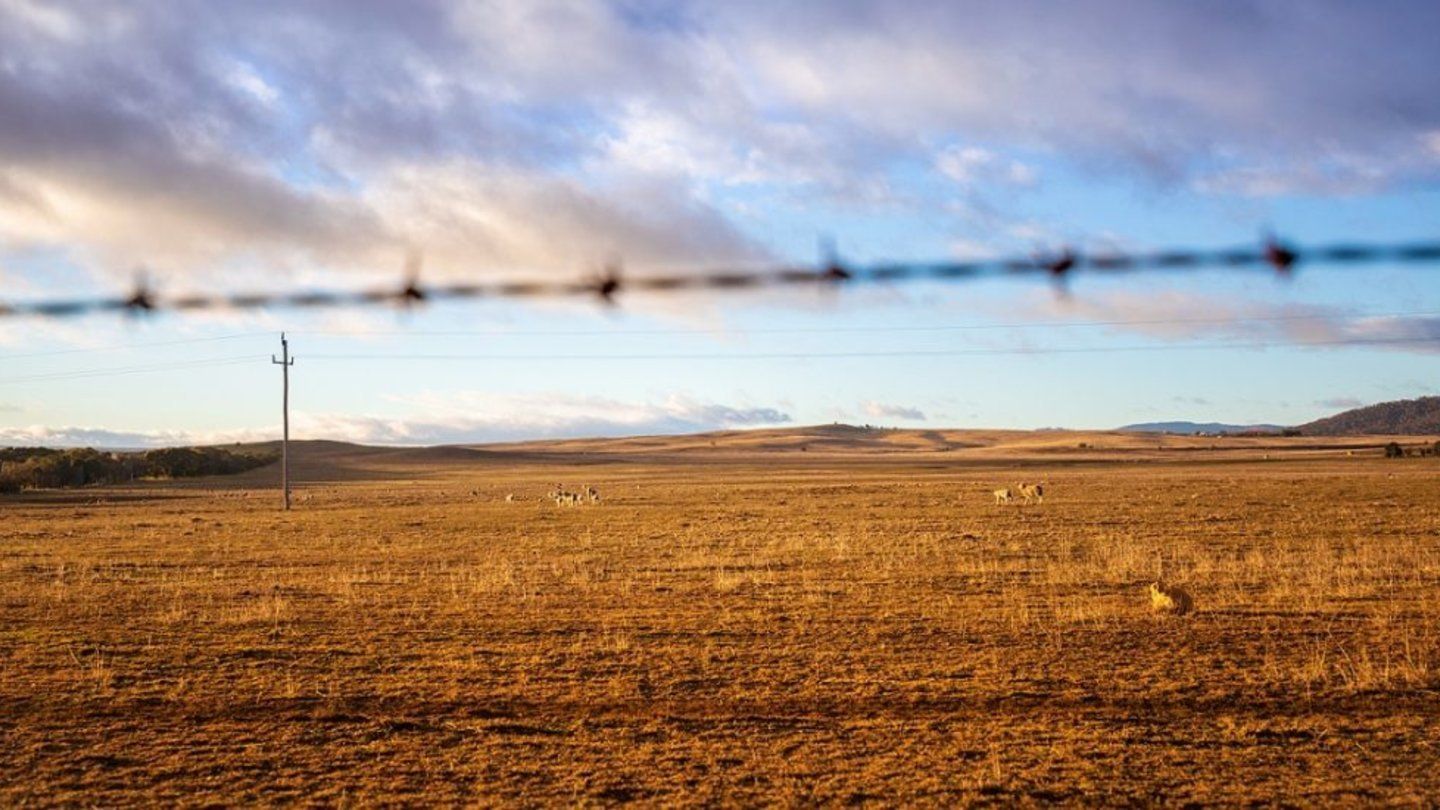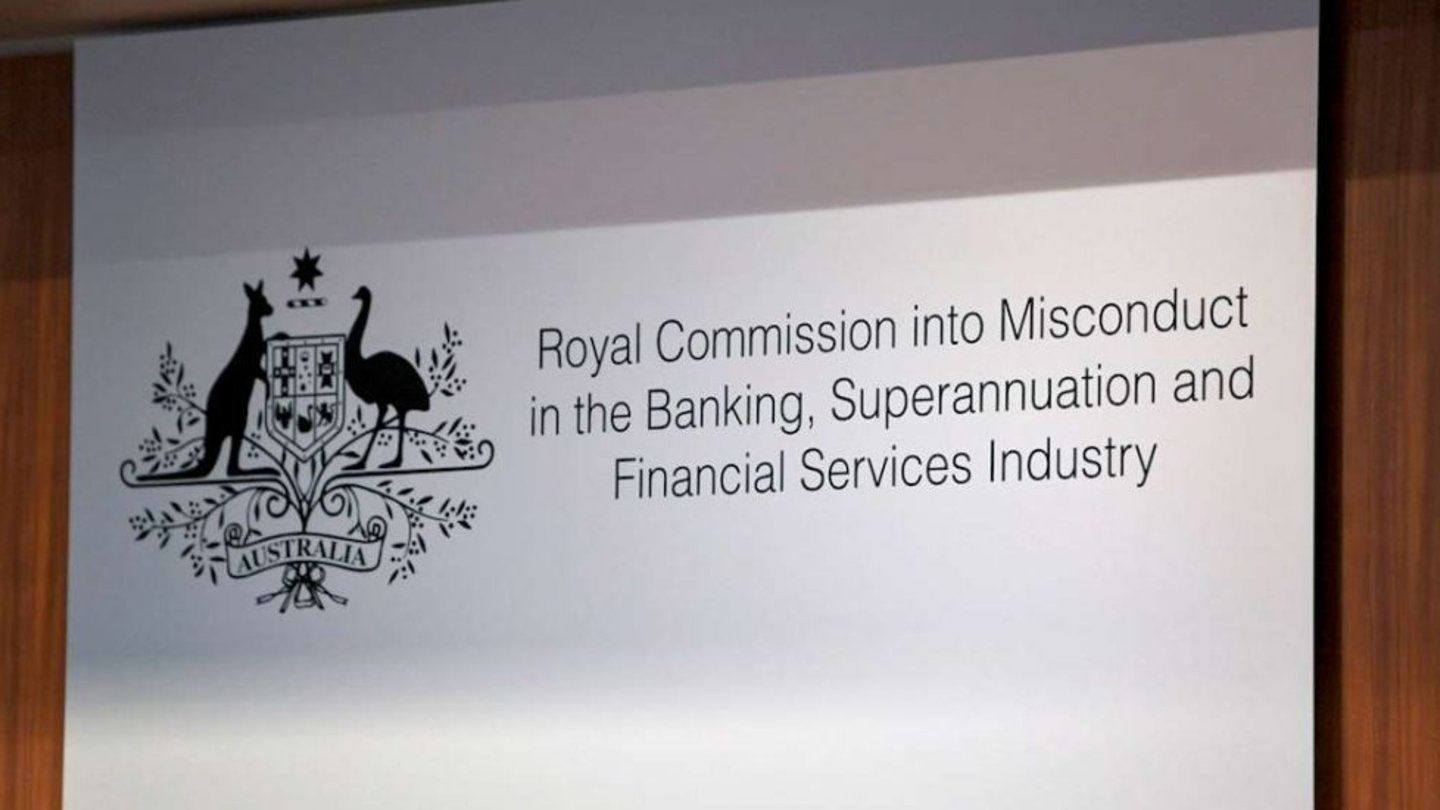This is a subtitle for your new post
During my 35+ years in the PR/communications industry I’ve had the occasional client who has ignored my sage counsel during a crisis. It happens. It’s a free country, and they’re paying the bill. You move on and hope it works out for the client.
Which is why this week I felt for the PR advisers to Harry and Meghan, the Duke and Duchess of Sussex, as they made their high profile and rather messy “stepping back” from royal duties announcement.
Sara Latham, a respected PR veteran who worked for Bill Clinton in the White House, joined the Sussexes last March to head up their personal in-house comms team.
In their desire to “carve out a progressive new role” within the royal family and becoming more “financially independent” they would have received plenty of expert PR counsel from her on how to announce and position their new charity, Sussex Royal.
But based on this week’s events it’s clear they have either ignored her advice, or received some very bad counsel. I’m betting it’s the former. And it’s probably not the first time they’ve done it.
As the Queen and other members of ‘The Firm’ have discovered, Harry and Meghan are the ultimate PR nightmare – they hire experienced advisers only to ignore or go against their advice.
The ‘Megxit’ announcement comes after a very ordinary 12 months on the PR front for Harry and Meghan following their fairy-tale wedding in 2018, and birth of their son.
Both are enthusiastic advocates of climate change. In 2019 Harry spruiked his credentials at a Google climate change summit. Standing barefoot on a beach, Harry announced he and Meghan would only be having two kids to reduce their environmental footprint. This was seen by royal-watchers as a sleight against his brother (and future king) William, who has three kids. Very woke, but not very smart.
Their climate change cred was severely dented when the British press revealed Harry and Meghan flew to Europe on private Gulfstream jets four times in 11 days, staying at Sir Elton John’s palatial pile. Harry also flew by private helicopter from London to launch his sustainable travel project venture.
High profile TV host Piers Morgan slammed them on his Good Morning Britain TV show, declaring: “Nobody wants to hate these two. But they are making themselves look like rank hypocrites and you can't as a Royal do that.”
Demonstrating his lack of appreciation for PR optics, Harry protested he flies commercial “99 per cent of the time.”
As 2019 progressed, things went from bad to worse on the PR front. Sitting in the royal box at Wimbledon, Meghan complained about tennis fans taking photos of her. In October the couple agreed to film a documentary while on tour in Africa with a “friendly” TV host. In the programme the couple told of their ‘struggles’ about being in the media spotlight, complained about negative media coverage and attacked the tabloid press for conducting a “ruthless campaign” against Meghan.
This from a privileged couple who spent $2.9 million of taxpayers’ money renovating their home at Frogmore Cottage, including installing two orangeries in a yoga studio.
The couple later announced they were suing the Daily Mail over publication of a private letter. Going to war against the UK tabloids will not end well.
By this stage their PR adviser, Sara Latham, must have been wondering why she left her old job.
2020 is shaping up as a continuation of the PR nightmare for the Queen, Prince Charles and Prince William as they try to protect the royal brand whilst being publicly accommodating to the wayward Sussexes.
Things have not started well. Harry and Meghan reportedly did not consult the Queen before making their “we’re stepping back” announcement, and splitting their time between the UK and Canada. The Queen was blindsided and was said to be "sad". Prince Charles, the future king, was said to be "furious."
If this was a deliberate ploy, it’s hard to fathom. But, it’s more likely the Sussexes ignored their comms director's advice once again. For their sake, I hope they start listening. Otherwise, it's going to be a long 2020 for Sara Latham.
Patrick Southam is a former journalist and co-founder and Partner at Reputation Edge, a Sydney based full service corporate communications consultancy.











